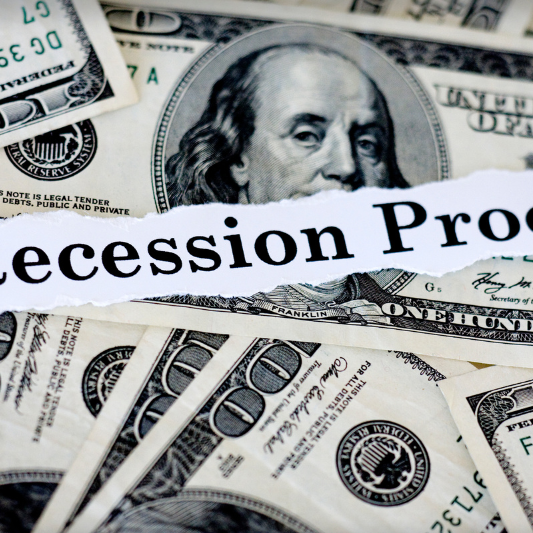5 Ways to Create an Impactful Brand Name

With many businesses—and their related brands—competing for consumer attention, standing out can be an ongoing struggle. While memorable logos and slogans certainly play their part in branding, a good name can take things one step further by touching emotions and connecting deeply with consumers for a lasting effect.
Here are five important elements to consider when creating an impactful name for your brand: 1) symbolism; 2) semiotics; 3) cognitive processing; 4) metaphors; and 5) cultural adaptation.
Symbolism
Brand names can tap into our psychological landscape. Symbolism plays an integral part in this process. Research has demonstrated its effect on consumer attitudes, memory retention, and purchase decisions. Human minds crave meaning, so using symbolism when creating a brand name offers an avenue for creating emotional associations and producing desired consumer responses. An example of the use of symbolism in a brand name is the use of a symbol—specifically an exclamation point—in names such as “Yum!” and “Yahoo!” to create a built-in feeling of excitement for the audience.
Semiotics
The use of semiotics—that is, using something that represents or indicates something else—touches on how consumers interpret and attribute meaning to brand names. From phonetic sounds to visual representations, every element in a brand name carries associations that can potentially resonate with targeted audiences. For example, the soft drink “Jolt” uses semiotics through its name by denoting the feeling of the large amount of caffeine within the cola.
Cognitive Processing
Cognitive neuroscience explores how the human brain processes and interprets information; this includes brand names. When a brand name activates neural networks for memory, emotion, and attention, this can lead to increased recall rates, emotional engagement levels, and stronger bonds between the brand and consumer. As a result, marketers using a neuropsychological approach can create memorable brand names that leave consumers with lasting impressions. For example, the brand “Pepperidge Farms,” which represents baked goods, alludes to memories of rural living and things that feel old-fashioned and nostalgic—such as the way Grandma’s baking tasted so special. People subconsciously connect that good feeling to the product.
Metaphors
Metaphors have long been employed as powerful symbolic devices to express complex ideas and emotions in ways that transcend words’ literal interpretation. Metaphors can create vivid imagery and foster lasting emotional ties, connecting to collective memories and personal narratives. An example of the use of a metaphor in a brand name is Amazon. The name suggests something huge—specifically, the company’s immense amount and variety of product offerings.
Cultural Adaptations
Brand names can adapt their name for local audiences by aligning them with the target markets’ cultural values, beliefs, and languages. Cultural adaptation often relies on symbolic strategies, as certain symbols carry different associations across cultures. Conducting research with experts from target markets can help a business successfully create symbolic brand names that maintain relevancy on an intimate cultural level with consumers and promote engagement. An example of a cultural adaptation for a brand name is Kentucky Fried Chicken—forever attached through its name to the American culture via the Southern state where the company first began.
Author Angela Gerard’s keen eye for market trends and her ability to create impactful brand identities have earned her a reputation as a trusted advisor in the field of branding at Squadhelp, an online agency specializing in the creation of brand names. Learn more at www.squadhelp.com.












